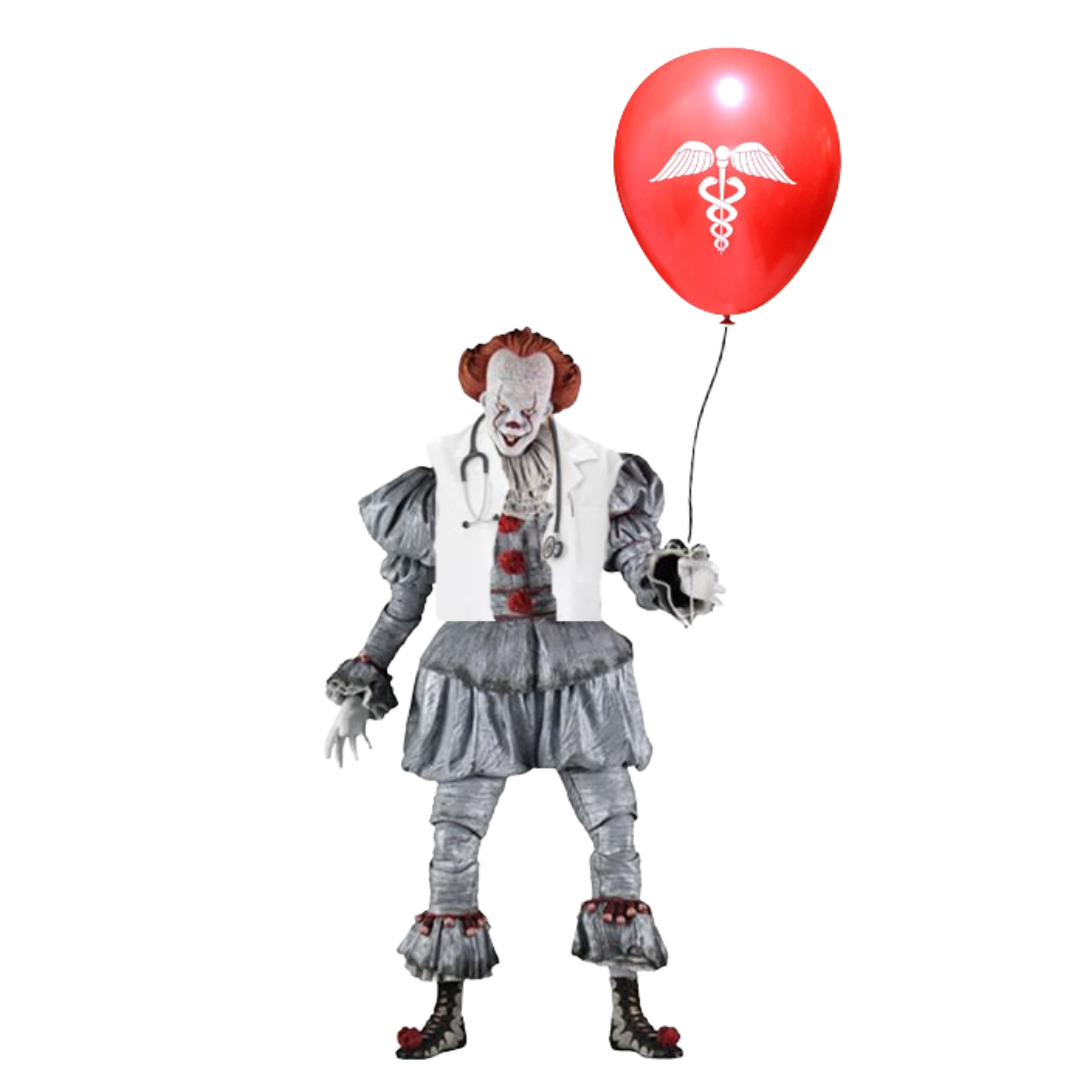Tag: Fever
-
Heparin-induced thrombocytopenia (HIT) is the development of thrombocytopenia (a low platelet count), due to the administration of various forms of heparin, an anticoagulant. HIT predisposes to thrombosis (the abnormal formation of blood clots inside a blood vessel).
When thrombosis is identified the condition is called heparin-induced thrombocytopenia and thrombosis (HITT). HIT is caused by the formation of abnormal antibodies that activate platelets, which release microparticles that activate thrombin, leading to thrombosis. If someone receiving heparin develops new or worsening thrombosis, or if the platelet count falls, HIT can be confirmed with specific blood tests. The treatment of HIT requires stopping…
-

Erich Traub (1906 – 1985) German veterinarian, scientist and virologist who specialized in foot-and-mouth disease, Rinderpest and Newcastle disease
Erich Traub worked directly for Heinrich Himmler, head of the Schutzstaffel (SS), as the lab chief of the Nazis’ leading bio-weapons facility on Riems Island. Note: Riems is home to the oldest virological research institution in the world, now called the Friedrich Loeffler Institute, which was built by Friedrich Loeffler in 1910. Loeffler, a professor at the University of Greifswald, ran filtration tests in 1898 and found…
-

Deficiency of Adenosine deaminase 2 (DADA2)
Deficiency of Adenosine deaminase 2 (DADA2) is a monogenic disease associated with systemic inflammation and vasculopathy that affects a wide variety of organs in different patients. As a result, it is hard to characterize a patient with this disorder. Manifestations of the disease include but are not limited to recurrent fever, livedoid rash (reticularis or racemosa), various cytopenias, stroke, immunodeficiency, and bone marrow failure. Symptoms often onset during…
-
Prostaglandins (PG)
The prostaglandins (PG) are a group of physiologically active lipid compounds called eicosanoids “Eicosanoid Synthesis and Metabolism: Prostaglandins, Thromboxanes, Leukotrienes, Lipoxins”. themedicalbiochemistrypage.org. Retrieved 2018-09-21. having diverse hormone-like effects in animals. Prostaglandins have been found in almost every tissue in humans and other animals. They are derived enzymatically from the fatty acid arachidonic acid. Ricciotti E, FitzGerald GA (May 2011). “Prostaglandins and inflammation”. Arteriosclerosis, Thrombosis, and Vascular Biology. 31 (5): 986–1000. doi:10.1161/ATVBAHA.110.207449. PMC 3081099. PMID 21508345. Every prostaglandin contains 20 carbon atoms, including…
Recent Posts
- 🧬 Disease Table with Low Sodium Connection
- 🧂 Sodium Reduction and Sodium Replacement: A History of Reformulation and Exploding Diseases, Including Many Diseases Unheard of Before Deadly Sodium Policies
- 🧂 The DEADLY 1500 mg Sodium Recommendation predates the WHO’s formal global sodium reduction push by nearly a decade (and it’s even worse than that)
- 🧬 What Is Beta-Glucuronidase?
- When Sugar Was Salt: Crystalline Confusion and the Covenant of Sweetness
Tags
ADAM ASPARTAME Birds Blood Bones Brain Bugs Cancer Columba Cows crystallography Death Death cults Eggs Etymology Gastrin Gold Growth hormone History Hormones Insulin Liver Mere Perplexity Metal Monkey Business Mythology Paracetamol Plants Poison Pregnancy Protein Religion Reproduction Rocks Salt Slavery Snakes Sodium the birds and the bees Thiocyanate Tobacco Tylenol Underworld Venom zinc
